You’re probably excited to begin learning how to be a pilot. But while you wait on your first appointment with a potential instructor, there are several ways to put yourself in an aviator’s mindset. Many of these exercises are mental, but some are practical. Any of them can provide a boost to your training as you make your way through coursework or the documentation required to complete your private certificate.
Work on Ground School
Ground school consists of the sessions which cover the “coursework” sessions of learning to fly. All flight schools approach ground school differently. Some flight schools offer ground school concurrently with in-cockpit training, working in the explanatory lessons with each trip in the cockpit. Others permit (or even require) the student to take an online or in-classroom course before stepping foot in a cockpit (bear in mind that a few of the instruction sessions might take place in a simulator.) Obviously, that will have to wait until you’re fully enrolled. Speak to the flight school you’re hoping to enroll with to see how ground school is approached. Many use a pre-planned syllabus, which means that you can begin to work with the material before your first class date arrives.
No matter which approach your future flight school uses, it’s always a good idea to learn as much as you can about aerodynamics, FAA regulations, regulation, navigation, operating procedures, and the basics of how airplanes work. When you begin to fly on your own, this knowledge will help you to become a safe and efficient pilot.
You might wonder how the knowledge you gain as the pilot of one airplane might transfer to piloting another. This is the tricky balance of flight training. Your instructor is tasked with teaching you basic aerodynamics as well as the first steps in learning how to fly your particular training aircraft—usually a Cessna or . If you are already familiar with aviation basics, it will become easier for you to successfully check out in other aircraft beyond your trainer. You will also be equipped to ask your instructor more detailed and pertinent questions if what you’ve already studied is unclear.
Learn to Watch the Weather
The further you travel down the path in a possible career in aviation or your adventures as an advanced hobbyist, you will receive more and more instruction about learning to work with weather information. Most pilots proceed to add an instrument rating to their private certificate, while others pursue their commercial certificate. Both of these permit expanded aviating opportunities, including the opportunity to fly for hire in the case of the commercial. While you will learn a great deal about the atmosphere and weather patterns in the course of obtaining your private certificate, you can get a head start on any or all of these by studying weather basics.
Any recent textbook can help you understand how storms develop, the types of cloud formations and what they indicate, and how the different layers of the atmosphere affect the air within it. Free meteorological courses are usually available with online universities, or you can study locally at a community college.
It’s also instructive to carefully watch weather forecasts. Instead of simply gathering such information as what the temperature is likely to be tomorrow or if it will rain on the weekend, listen carefully to what the meteorologist has to say about developing systems. You can also follow the National Weather Service’s detailed forecasts or join in online discussions. Knowing how to watch the signs of the sky is a vital aspect of flying safely, especially over longer distances.
Have Documents and Medical Information In Order
It’s not necessary to even enroll in flight school to take ground school. However, before you get in a cockpit, you must present proof of your citizenship. This can include your driver’s license, a passport, your birth certificate, or a social security card. The flight instructor is required to place an endorsement (called “the TSA endorsement”) in your logbook stating that he or she has verified your documentation. Having these documents at hand and ready to process will expedite your onboarding into your flight school.
If you are not an American citizen, the TSA offers a process which will permit you to take flight instruction under certain circumstances. This is known as the Alien Flight Student Program. It includes a security threat assessment, and, if you wait too long to begin the process, the work of processing your application might delay your flight training.
Your flight instructor will act as the pilot in command during your flight lessons until you have earned your private certificate. Anyone can fly under these circumstances since your instructor’s medical clearance is the one which matters in this circumstance. However, to solo, the FAA mandates that a student pilot must present a third-class medical.
Practice Communicating With Air Traffic Control and Other Pilots
Since flying involves so many checklists, procedures, and decisions which command your full attention, some pilots never learn proper ATC and radio etiquette. It’s best to begin your time in the cockpit with proper radio calls so that you don’t establish bad habits early on. Your instructor will help you with this during your coursework, but becoming familiar with what to say and when to say it will strike one more item to remember off the checklist when you are first learning to navigate airport ramps, runways, and the sky itself.
Learning the correct phraseology early is a matter of reading and learning what will be expected of you from air traffic controllers and your fellow pilots. For a head start, study the Pilot/Controller Glossary and the Aeronautical Information Manual, also known as the AIM, which also provides a lot of suggested radio phraseology. One way to practice before you begin your flight training is to listen to Live ATC. You may hear some pilots using correct phraseology, and others with sloppy radio habits. Learning the difference early on is an educational experience.
Ready to soar in your aviation career?
Mr. Matthew A. Johnston has over 23 years of experience serving various roles in education and is currently serving as the President of California Aeronautical University. He maintains memberships and is a supporting participant with several aviation promoting and advocacy associations including University Aviation Association (UAA), Regional Airline Association (RAA), AOPA, NBAA, and EAA with the Young Eagles program. He is proud of his collaboration with airlines, aviation businesses and individual aviation professionals who are working with him to develop California Aeronautical University as a leader in educating aviation professionals.
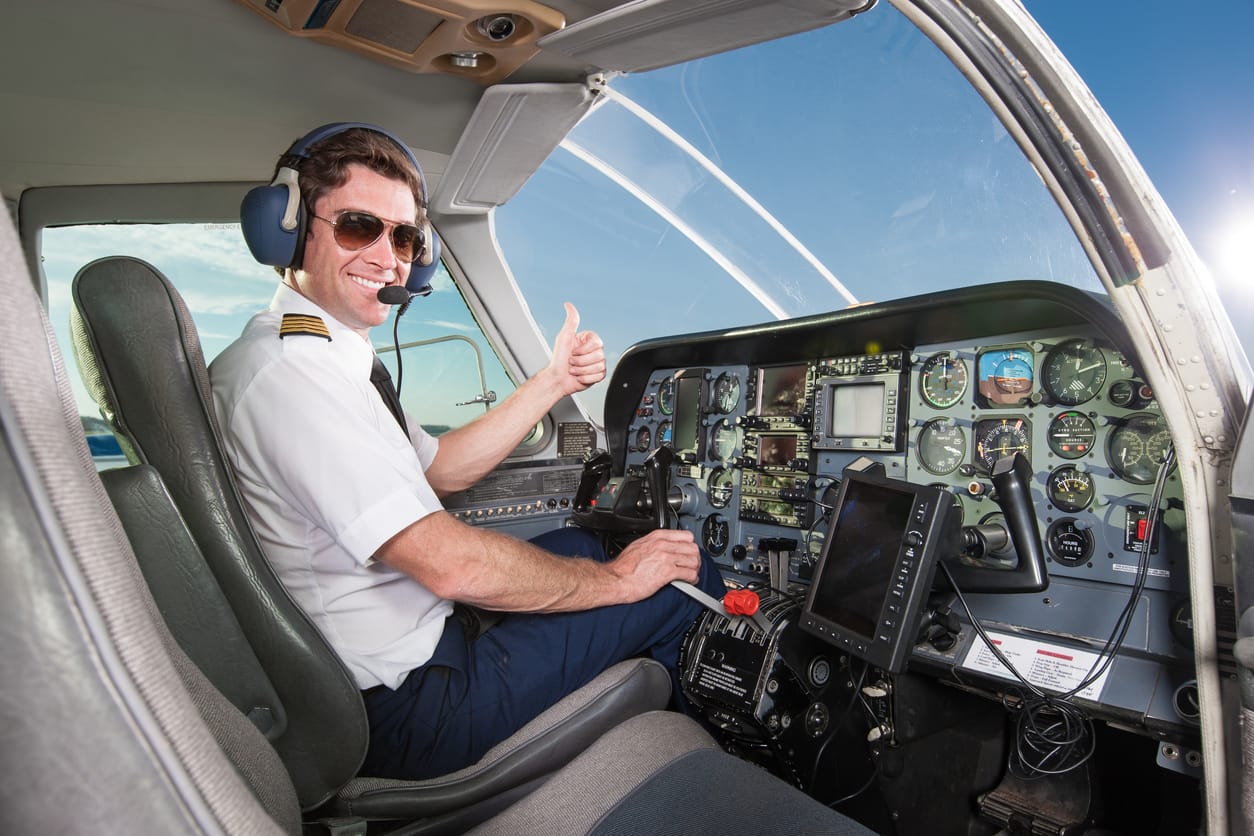
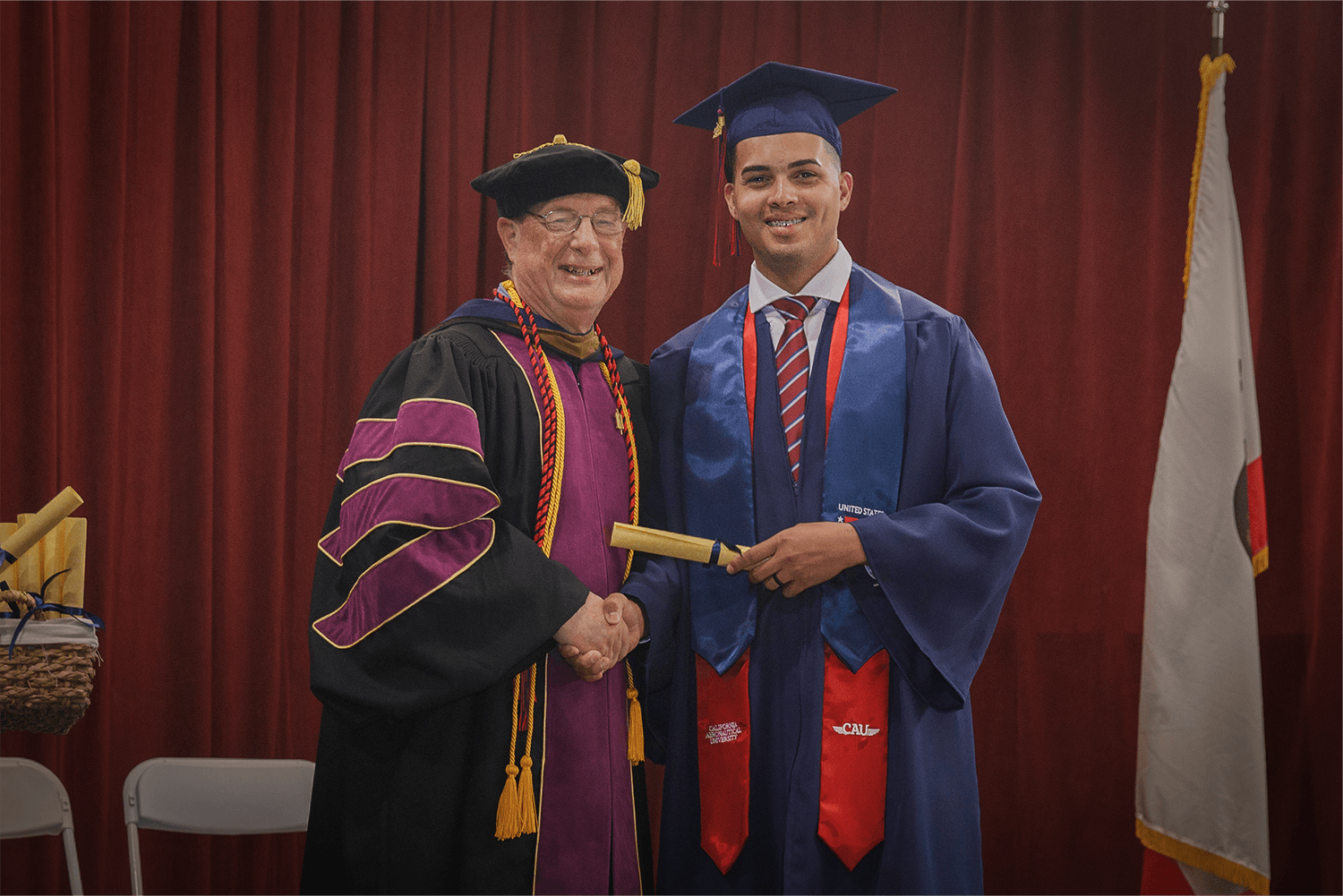
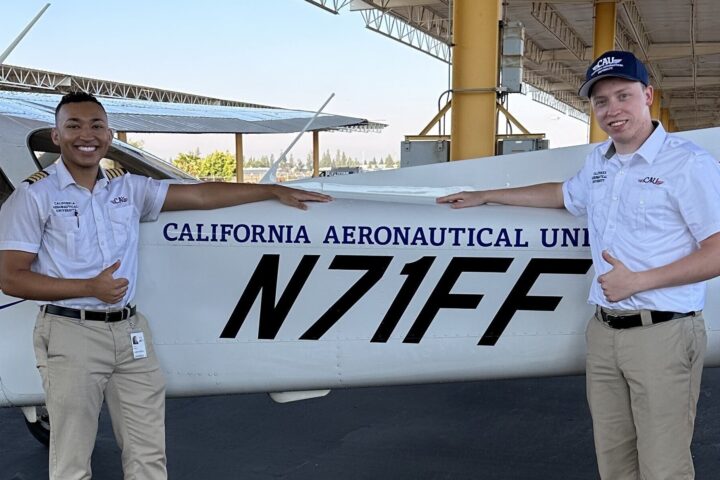
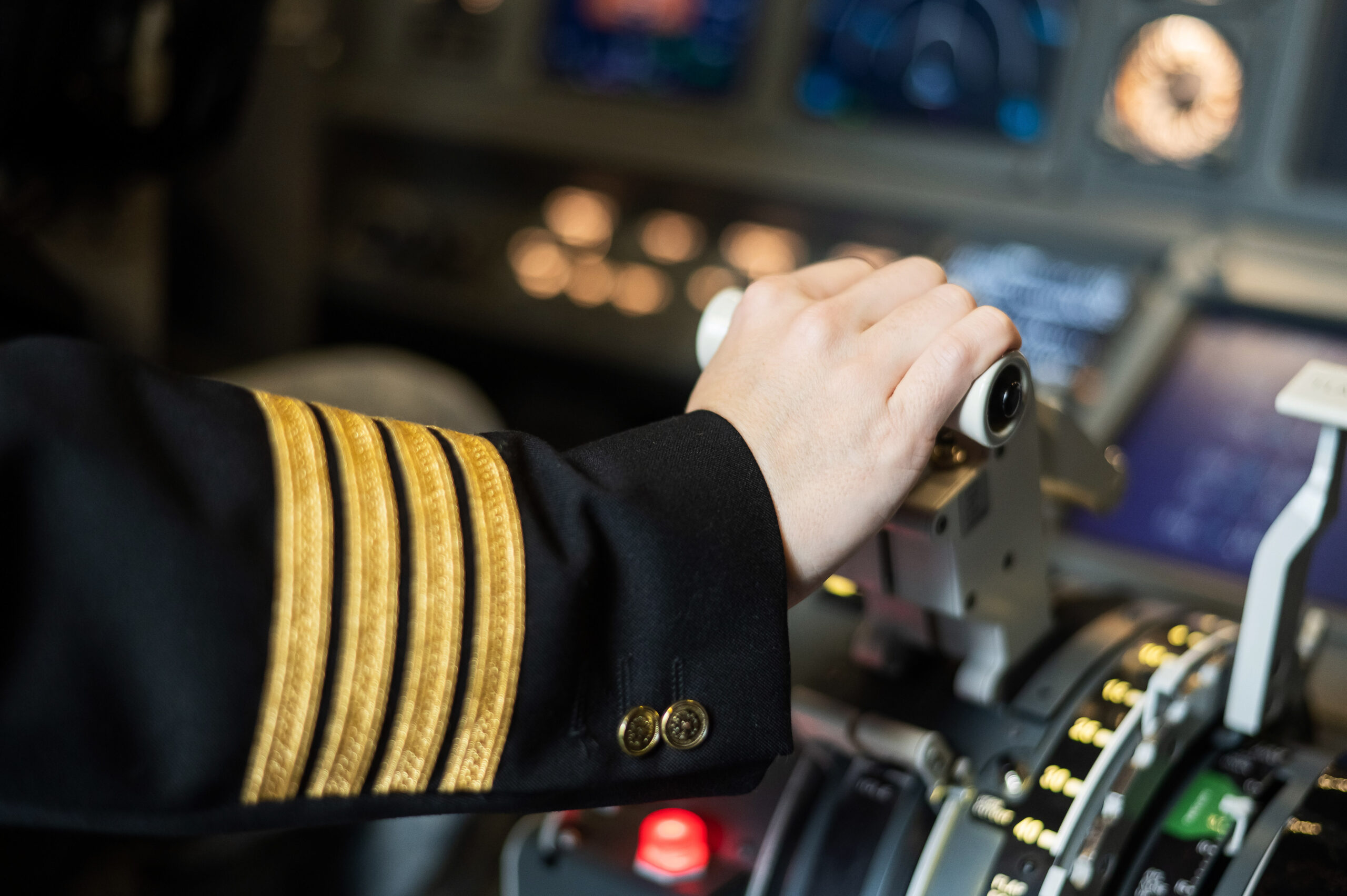
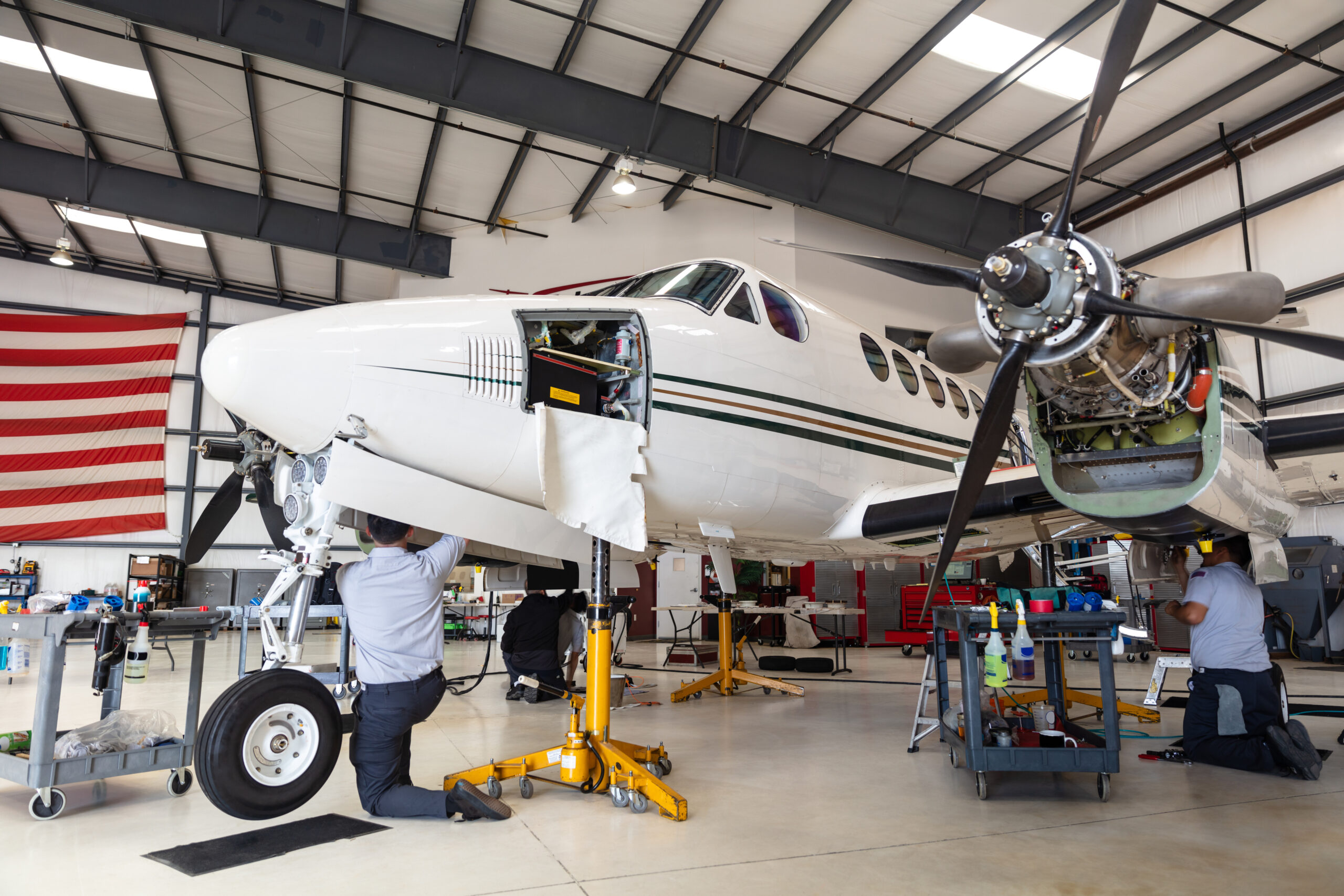
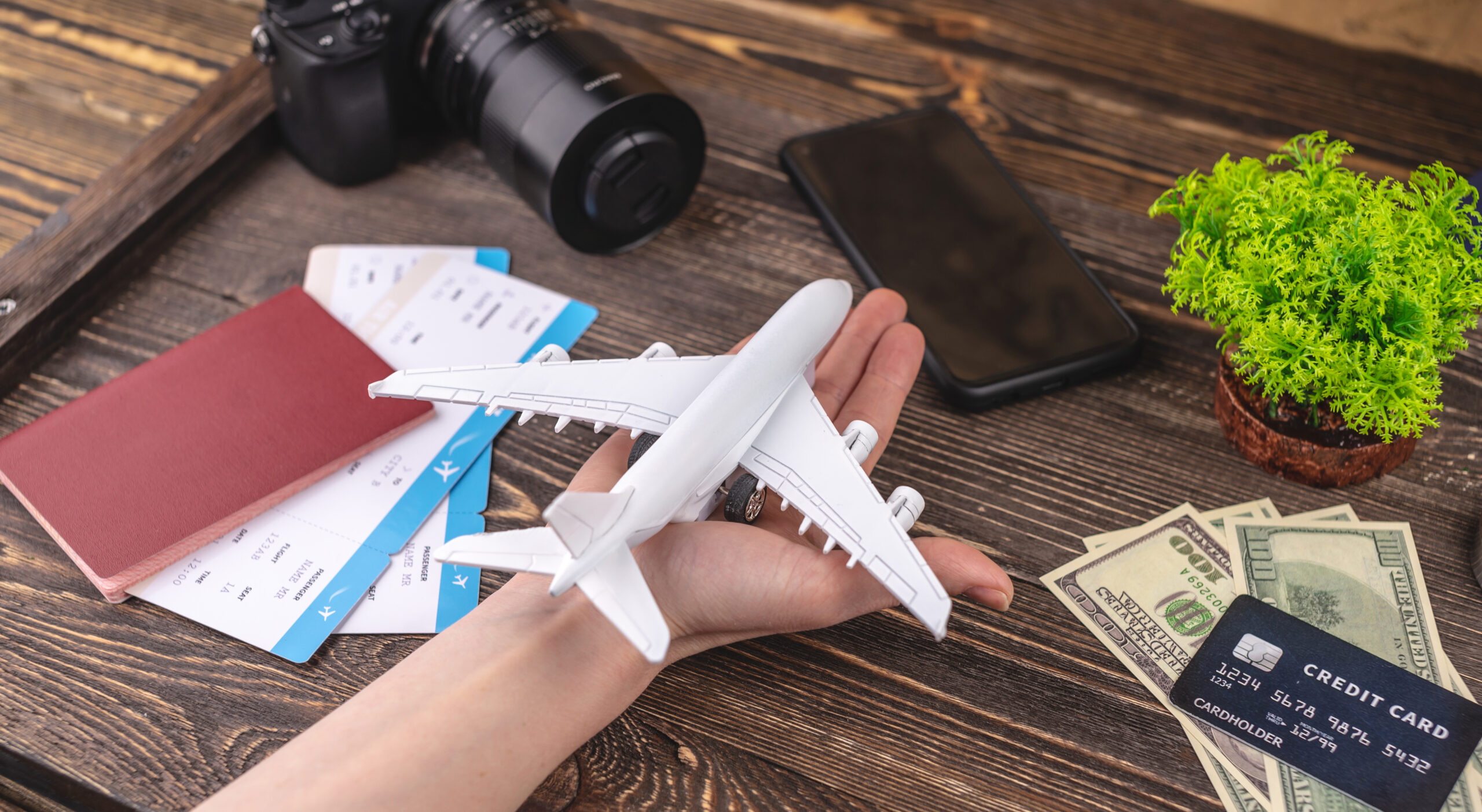
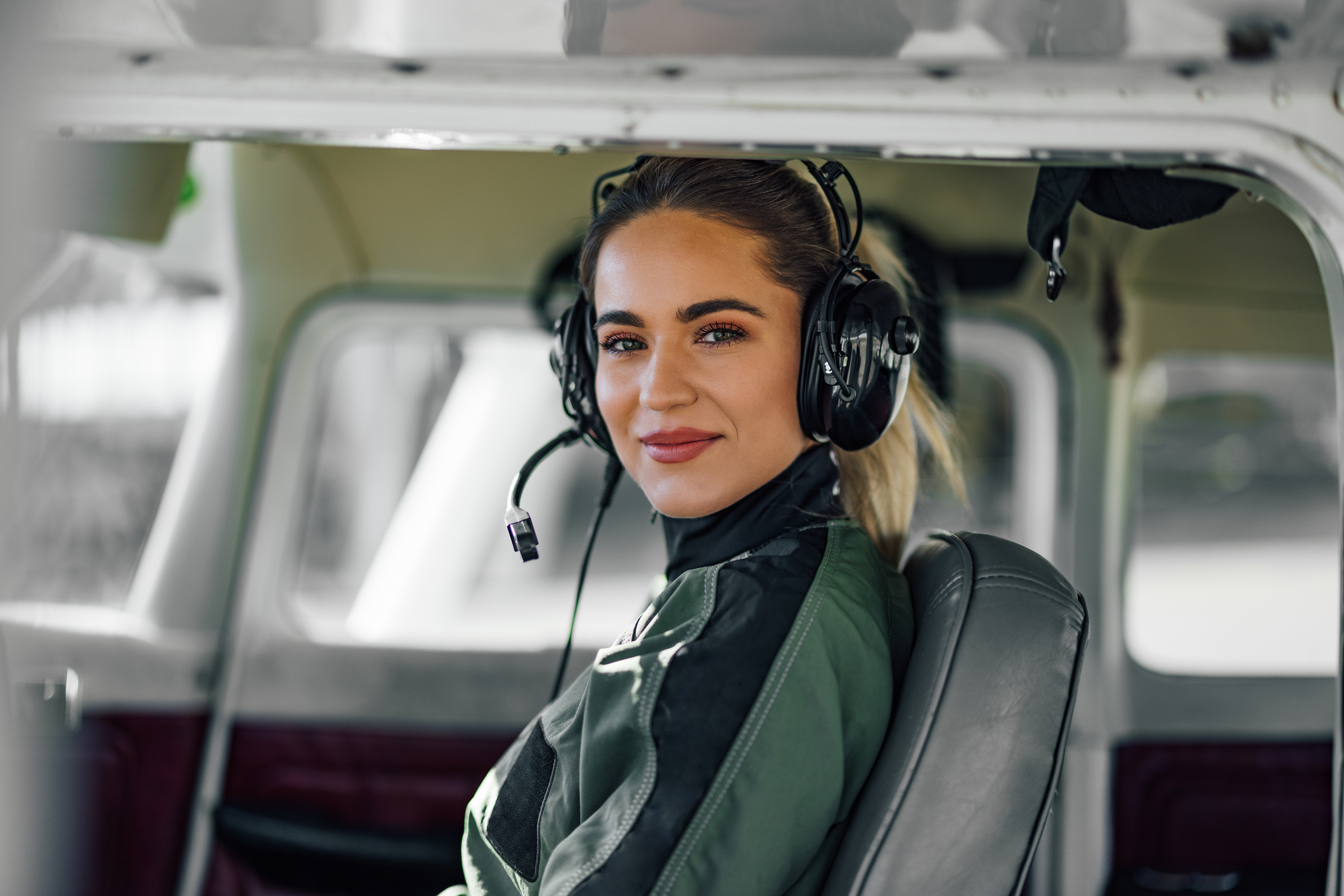
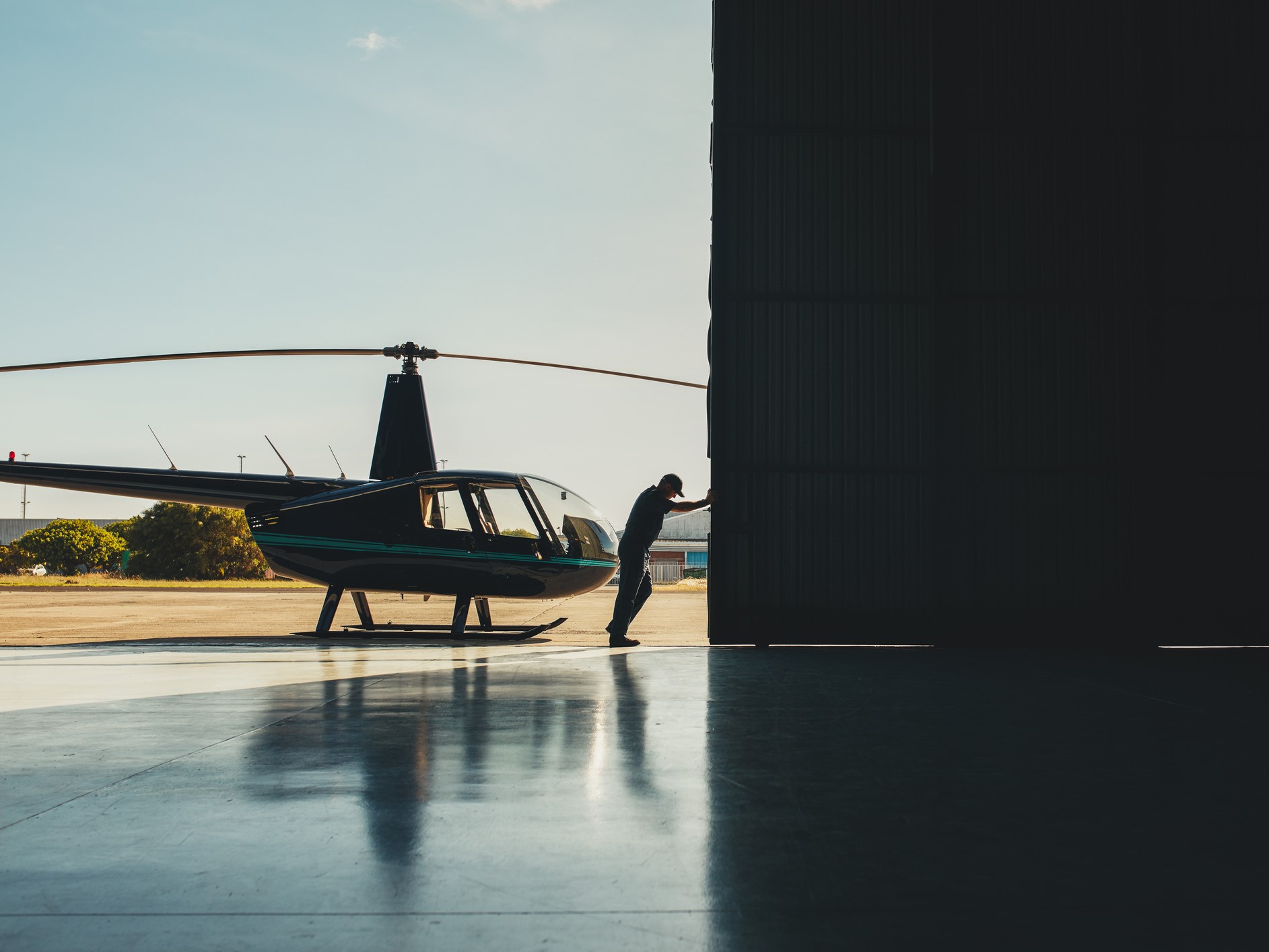
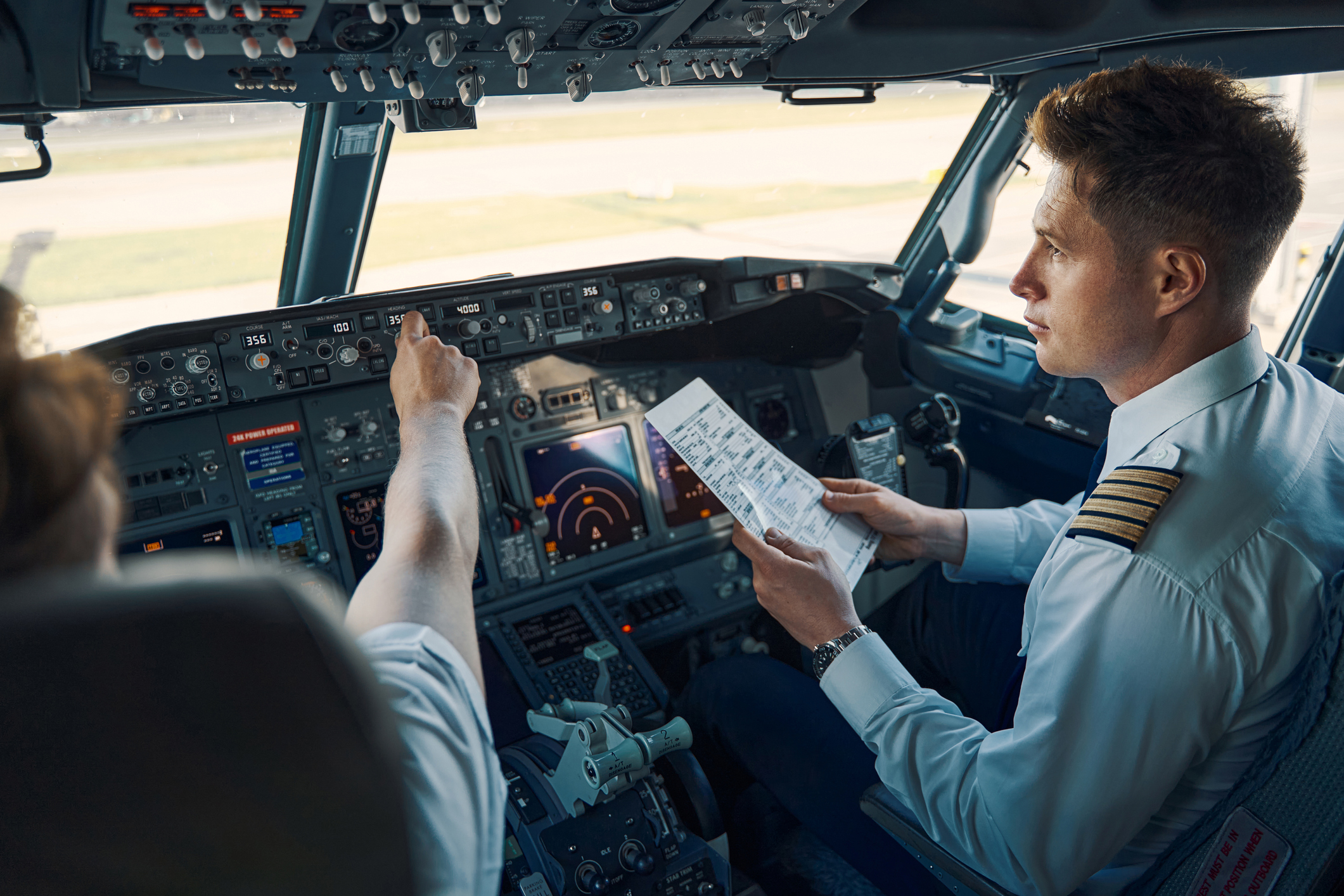
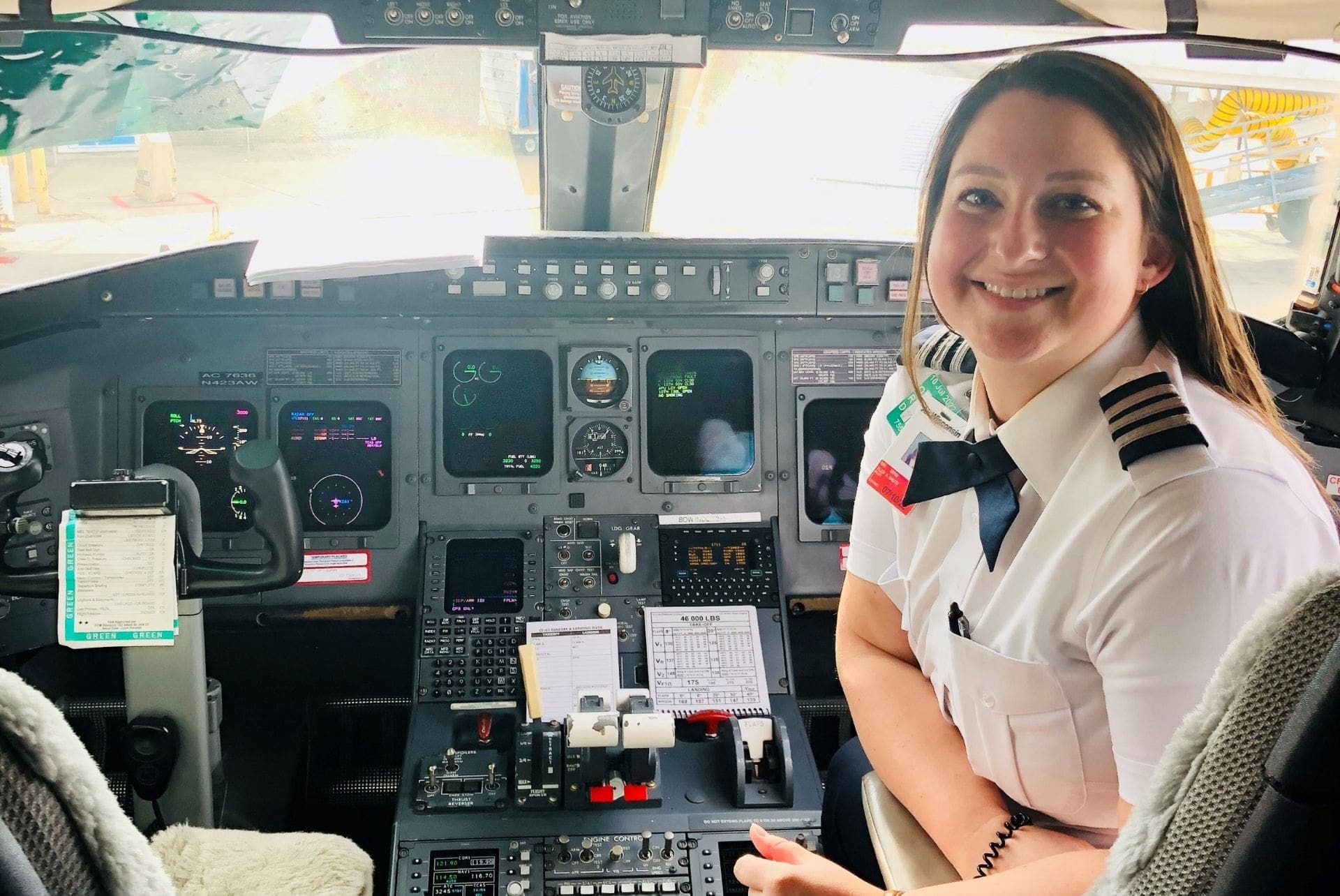
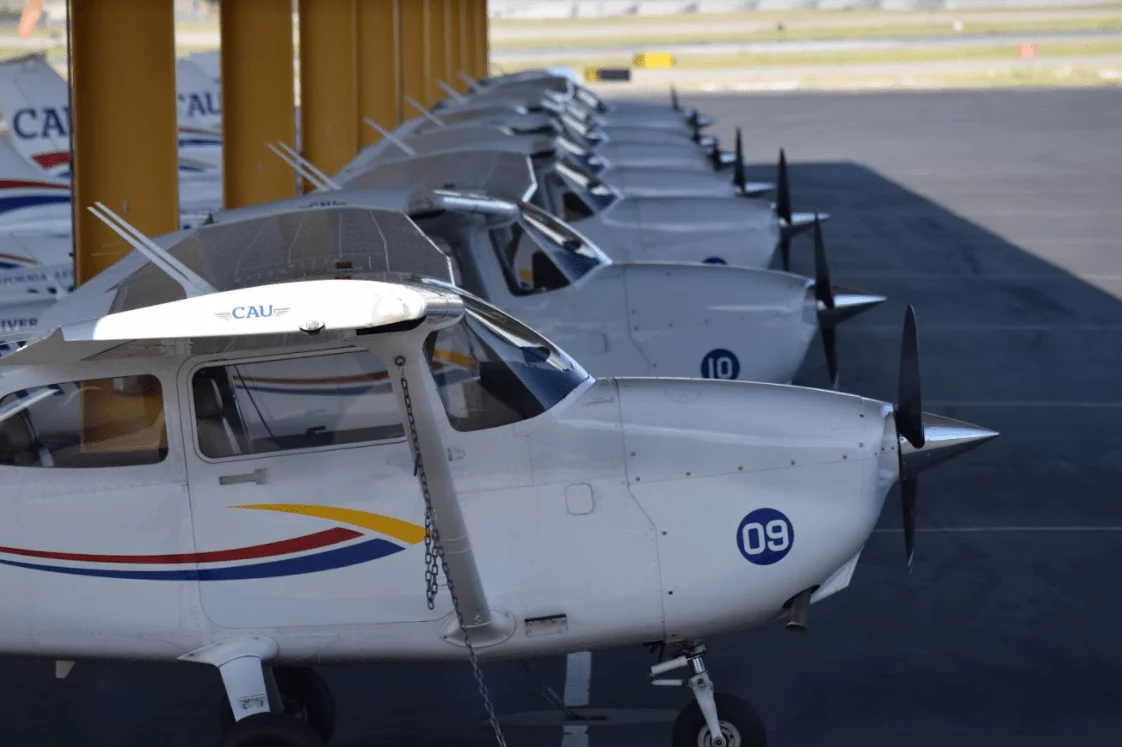
Respected Sir
My Ultimate dream is to become a pilot. I have studied science(Physics,Chemistry)and math in my class 10 and scored the best marks . But unfortunately i have taken commerce in my class 12 Degree.
My biggest doubt is , am i eligible to join a flight school?. Will they accept me ? or Pls send me the names of flight school which accepts commerce graduate and who have good knowledge in science and math.
Thank you for reaching out! We’d love to talk with you more about your eligibility. Please contact our admissions team here: https://calaero.edu/contact/. We look forward to speaking with you!